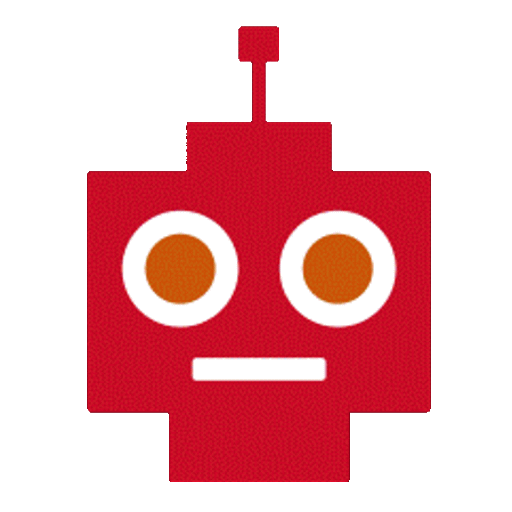1. Confusing correlation with causation is not the Cardinal Sin of data science, say Gregory Piatetsky (@kdnuggets) and Anmol Rajpurohit (@hey_anmol): It’s overfitting. Oftentimes, researchers “test numerous hypotheses without proper statistical control, until they happen to find something interesting and report it. Not surprisingly, next time the effect, which was (at least partly) due to chance, will be much smaller or absent.” This explains why it’s often difficult to replicate prior findings. “Overfitting is not the same as another major data science mistake – confusing correlation and causation. The difference is that overfitting finds something where there is nothing. In case of correlation and causation, researchers can find a genuine novel correlation and only discover a cause much later.”
2. Your biases, in 5 tidy categories. We’ve heard it before, but this bears repeating: Our biases (confirmation, sunk cost, etc.) prevent us from making more equitable, efficient, and successful decisions. In strategy+business, Heidi Grant Halvorson and David Rock (@stratandbiz) present the SEEDS™ model, grouping the “150 or so known common biases into five categories, based on their underlying cognitive nature: similarity, expedience, experience, distance, and safety”. Unfortunately, most established remedies and training don’t overcome bias. But organizations/groups can apply correctional strategies more reliably than we can as individuals.
3. Remember ‘Emotional Intelligence’? A 20-year retrospective study, funded by the Robert Wood Johnson Foundation (@RWJF) and appearing in July’s American Journal of Public Health, suggests that “kindergarten students who are more inclined to exhibit ‘social competence’ traits —such sharing, cooperating, or helping other kids— may be more likely to attain higher education and well-paying jobs. In contrast, students who exhibit weaker social competency skills may be more likely to drop out of high school, abuse drugs and alcohol, and need government assistance.”
Posted by Tracy Allison Altman on 20-Jul-2016.








